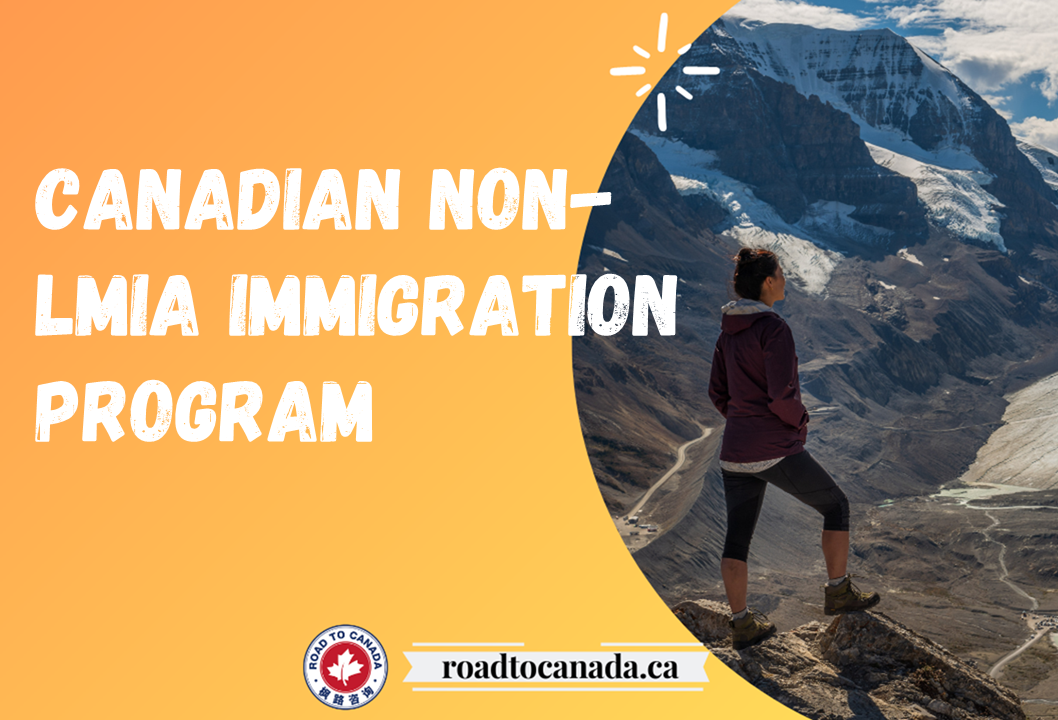
Canadian non-LMIA immigration program
On February 21, IRCC announced that it would limit the number of temporary residents and would reduce it by 480,000 temporary residents within three years. After the policy update, the competition faced by applicants for LMIA will be more intense, but there are other immigration pathways that can exempt you from LMIA.
Start-up Visa (SUV)
Start-up visa SUV can be exempted from LMIA, and it can be applied directly from abroad. In addition to LMIA exemption, the Start-up Visa is one of the most popular immigration programs in Canada now.
The advantages of SUV are relaxed application conditions, high pass rate, fast approval speed, and no residence restrictions (except Quebec). Failure to start a business will not affect the application for PR, and up to 5 people are supported to start a business together to share risks and costs.
The most important thing is that the quota for SUVs has been greatly increased this year, and is expected to exceed 5,000, which can be said to be ample opportunities.
In January 2024, 490 Start-ups successfully obtained Canadian permanent resident status through the SUV project, a surge of 880%, almost catching up with the number in the whole of 2022.
Eligibility
- Have the support of a designated angel investment fund or venture capital fund in Canada or join a business incubation program (angel investment requires a minimum investment of 75,000 Canadian dollars, and venture capital requires a minimum investment of 200,000 Canadian dollars. The business incubation program must accept applicants to join its plan );
- English or French proficiency reaches at least CLB5;
- work and settle outside Quebec;
- A project supports up to 5 applicants (each applicant owns at least 10% of the shares of the company. Venture capital institutions plus all applicants must hold more than 50% of the shares. Each applicant can sponsor their family members to immigrate together);
- Adequate liquidity guarantee;
Entrepreneur work permit
Entrepreneur work visas can also be exempted from LMIA. The following are the exemption conditions:
Enterprises can promote Canadian industrial progress, including technological development, product or service innovation and differentiation, and improving the skill level of Canadians;
Businesses that contribute to Canada’s economic development, including creating jobs, contributing to the development of regional or remote areas, and increasing exports of Canadian products and services;
The applicant controls more than 50% of the company;
For businesses with multiple owners, only one business owner is eligible to apply for a work permit;
Businesses created in Canada must be actually operational.
It doesn’t matter if you don’t meet the conditions for LMIA exemption. You can apply for an Owner/Operator LMIA and then apply for a work permit. IRCC limits the number of temporary foreign workers this time, and entrepreneur LMIA is not within the scope of the limit.
Business owner/operator LMIA application requirements:
- Own a business in Canada and participate in its day-to-day operations
- Own more than 50% of the company’s shares.
Atlantic Immigration Project (AIP)
The Atlantic Immigration Program is an employer-driven immigration program designed to attract more newcomers to settle in Atlantic Canada to meet the needs of local employers and communities. The program helps designated local employers recruit global talent.
Under the AIP, Canadian employers from the Atlantic provinces do not need an LMIA to hire foreign workers.
After AIP applicants receive a job offer from the Atlantic provinces, they first apply for a recognition certificate from the province where they are located. After being approved, they can apply for a work visa and PR.
Application requirements:
work experience:
- Have at least one cumulative year of full-time work experience in the past 5 years;
- Work experience belongs to TEER 0-4 positions;
- The job content is consistent with the job responsibilities.
- International students from the Atlantic region who meet the following requirements are exempt from the work experience requirement:
- Have a 2-year degree, diploma, certificate or trade or apprenticeship certificate from an accredited post-secondary institution in Atlantic Canada and have been a full-time student throughout the period of study.
- Have lived in New Brunswick, Nova Scotia, Newfoundland and Labrador, or Prince Edward Island for at least 16 months within the 2 years prior to obtaining the above certificate
- Hold valid temporary resident status while engaged in work, study or training in Canada
Local job opportunities:
- A full-time job offer from a designated employer in the province
- The position is TEER 0,1,2,3, and the contract period is at least one year (from the time the applicant becomes PR)
- Position TEER4, the contract must be long-term
- The employer must not be a company in which the applicant and his or her spouse are the major shareholders
* Except for international students from the four Atlantic provinces and designated health care positions, the skill level of job offers for other applicants must be consistent with or higher than their work experience.
Academic requirements:
- The position is TEER0. Category 1 requires a degree equivalent to a Canadian junior college (at least 1 year) or equivalent. For other positions, a high school diploma is required.
- Language requirements: TEER 4 positions require CLB 4, other positions require CLB 5
- Proof of sufficient financial resources.



